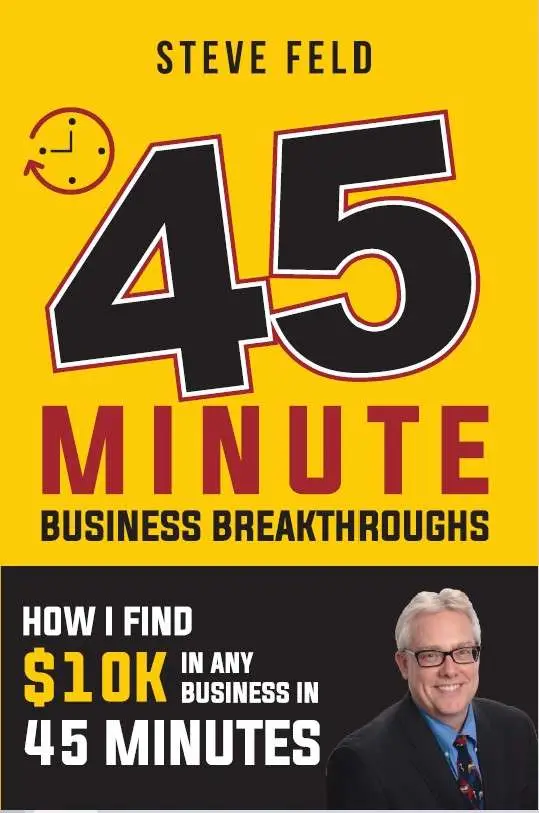The general thought is that if you are going to start any type of a business you must have a written business plan before you do anything else. People spend hours, days, weeks, months, doing research, learning how to write a business plan, understanding financial statements, making changes to their prose, just to find the most eloquent way of stating “I will not make money in my first year.” Do you really need a business plan? It depends on what you want to do with that masterpiece you created with words and numbers.
Most businesses have their business plan on a shelf or in a drawer, where is does them no good. All that time and effort spend on creating that document is now collecting dust. A good business plan is your blueprint, your roadmap for your business and should be reviewed at least monthly and annually. But, do you really need a business plan in the first place?
If you are going to seek any type of funding (debt, equity, venture capital, angel, government assisted, or grants) then YES – you must have a written, solid business plan. This also goes for anyone that is jumping full steam into business and you will bring on investors, putting in your life savings, or have debt/equity to start your business up. Your plan needs to speak to those who will read it – the ones that will give you money. FYI If you are a new entrepreneur and have no track record of owning and operating a business in the industry you are looking to enter, and believe that a bank will lend you the money to start your business – you will be greatly disappointed. Banks avoid risk. Start-ups are risky. If you have some tech company that fulfills a specific need in the market, you
could probably get some VC funding. You never know who may give you money, so make sure your business plan is solid.
If you have a hobby and are thinking about slowly transitioning it into business. Then you can probably live without writing a business plan. Just focus on getting sales and proving your concept. If you are not looking to jump into your business with 100% of your effort, save your time and energy and do not write a business plan.
If you are serious about starting a business, and you are not seeking funding, or slowly turning a hobby into a business, then you must at least write out a plan for your business. Notice, this is different than a business plan. You need to write down a plan to start and market your business for YOU! Write down what you envision your business to be in 5 years. Write down a solid marketing plan for you to follow to get sales and grow your business. Write down milestones, such as when to hire people, when to get a brick and mortar building, etc.
Having written many different business plans and read many other. I am always triple checking the following 5 points in the business plan, and so should you.
1. Underestimating the importance of the first 90 seconds.
Readers of business plans are busy people, often poring through hundreds, or even thousands, of plans every year. Unless your plan has immediate, aesthetic attraction and contains an organization scheme, which calibrates the reader and compels the turning of pages, your plan may never be read, much less understood. Your executive summary should be clear, to the point, and provides the reader with a GREAT understanding of your business.
2. Permitting inaccuracies, inconsistencies or lack of objectivity.
You must pray to your lucky star that, if someone is actually reading your plan, he or she is focusing on its content. Errors or inaccuracies (however minor), inconsistencies (however immaterial) and perceptions of non- objectivity (however innocent), will always conspire to distract the reader and create a negative bias, from which your plan may not recover. By having inconsistencies in your plan, you will lose all credibility and your plan will end up in the circular file very fast.
3. Failing to demonstrate sustainable, competitive advantage.
The reader is keenly interested in whether a market for your product or service exists, and if so, whether you are capable of exploiting long-term advantages over the competitors currently occupying that market space. Do not succumb to the temptation to underestimate your competitors, overestimate your strengths or rely on a lower-than-market pricing strategy, in order to claim a sustainable, competitive advantage. Remember, the world is NOT your market, and no one is your competitor. You will have direct and indirect competitors, make sure you note them and the differences in your plan.
4. Underestimating the importance of the management team.
Many investors feel that a great management team can easily make a mediocre idea successful, but that a great idea rarely survives a mediocre management team. Help erase any potential doubts, by actively promoting your team and key advisors, articulating strategic objectives and an implementation plan, and providing a critical risk assessment and related plan for dealing with contingent events. If you don’t have a management team on board, then bring on an interim management team or surround yourself with the right players to make it look like you have
the winning team on board.
5. Failing to demonstrate revenue growth and profitability.
Whether it’s the new or old economy, it’s important to remember: top line growth is great… but, bottom line success is essential. Be aware that your plan will not survive the reader’s scrutiny, unless you demonstrate that it is based on credible financial assumptions that the quantitative sections reconcile with the qualitative sections, and that your financial projections are consistent with generally accepted accounting principles. Be conservative with your revenue numbers and extreme with your expenses. Support your financial data numbers with where you found that
information and what assumptions you are using.
There are a few different types of business plans and you need to find the right one for you and it must match your objectives. Here are the differences:
Summary business plan: It is what it says. It’s a summary of your entire business plan in 7 to 10 pages. Very strong executive summary, highlight areas of the business plan, simple 1-page financial statement. This could be used to draw interest of investors into your business.
Managerial business plan: The next step up. Provides a little more detail than the summary, provides a deeper picture of your business. Maybe 15 to 20 pages.
Operational business plan: This is your blueprint of your business. It has everything in it for you to follow. These plans can be anywhere from 80 to 150+ pages in length. You will have detailed information on every part of your business, such as a marketing plan down to the day, costs, results expected, who executes what on the plan, and so forth. Very detailed. I have seen some new entrepreneurs read their operational plan monthly to keep them on track towards their goals. They are usually the fastest growing businesses.
If you are going to write a business plan, figure out which type of plan you need, target it toward the audience you want to read it, and avoid those 5 common mistakes that are found in many business plans.
To your success.
#bizcoachstevef[/vc_column_text][/vc_column][/vc_row]



